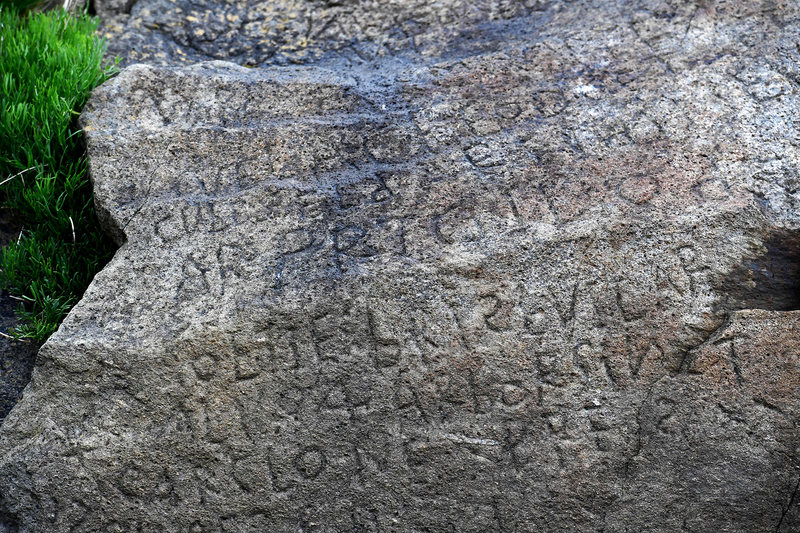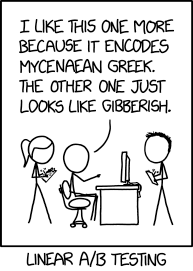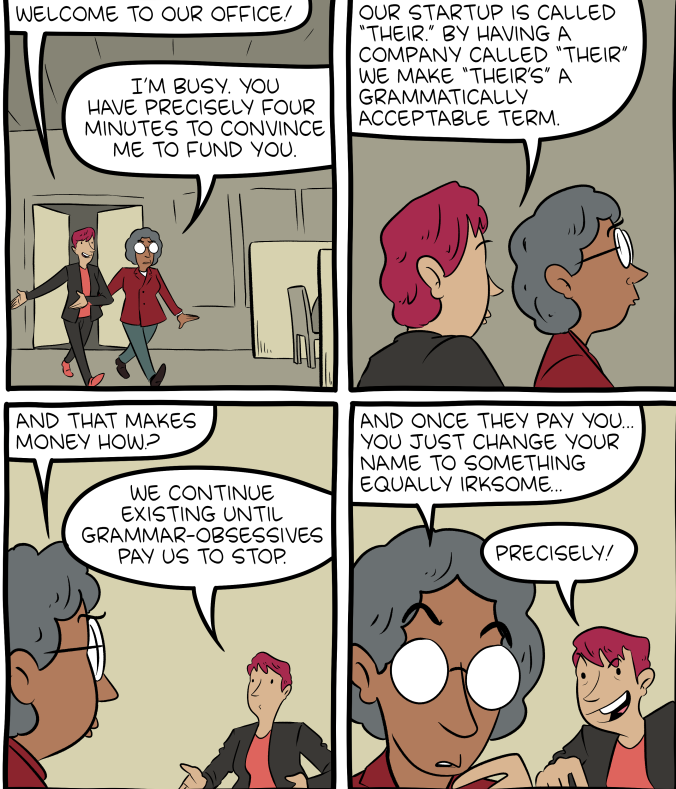Since high school, the Voynich manuscript is something that I have puzzled over from time to time. What language and script is it written in? What's it about? Although no one has been able to read the manuscript since Wilfrid Voynich, the Polish–Samogitian bibliophile and book dealer first brought it to light more than a century ago, the evocative illustrations and mysteries swirling around it have led to many fruitless attempts at decipherment.
Now a British academic (in Journal of Romance Studies) declares that it was a manual for nuns written in unencrypted proto-Romance:
"Bristol academic cracks Voynich code, solving century-old mystery of medieval text", University of Bristol (May 15, 2019).
A University of Bristol academic has succeeded where countless cryptographers, linguistics scholars and computer programs have failed—by cracking the code of the 'world's most mysterious text', the Voynich manuscript.
Although the purpose and meaning of the manuscript had eluded scholars for over a century, it took Research Associate Dr. Gerard Cheshire two weeks, using a combination of lateral thinking and ingenuity, to identify the language and writing system of the famously inscrutable document.
Read the rest of this entry »





